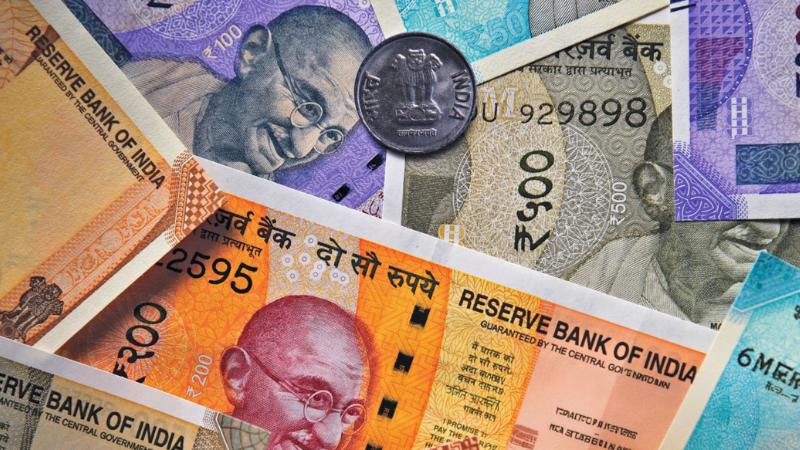
- devara
- 28 Mar 2025 06:50 AM
- #Business #BankChargesIndia #ATMFees #FundTransferCharges #MinimumBalance #SmartBankingTips
In India, banking services are designed to offer convenience—but they often come at a price. From ATM withdrawals to fund transfers and cheque issuance, nearly every service comes with associated costs. While some fees are minimal, others can add up over time, impacting your personal or business finances. Whether you're managing a savings account or operating a business with a current account, understanding standard banking charges is essential for smarter financial planning. Bank fees vary depending on the institution and the type of account you hold. Still, there are common charges that most account holders should be aware of to avoid surprises and reduce overall banking expenses.
List of Most Common Bank Charges in India
1. Minimum Balance Charges
Many savings and current accounts require you to maintain a minimum balance. Failing to do so could result in penalties ranging from ₹300 to ₹1,000, depending on the bank and the account type.
2. ATM Withdrawal Charges
Banks offer a limited number of free ATM withdrawals each month. After exceeding this limit, customers may be charged between ₹20 and ₹50 per transaction. Withdrawals from non-home bank ATMs tend to incur higher fees than those from your own bank's ATM network.
3. Cheque Bounce Fees
When a cheque is dishonoured due to insufficient funds, banks impose a penalty between ₹250 and ₹500. These charges can increase if the bounced cheque is part of a loan repayment or EMI.
4. Cheque Book Issuance Charges
Banks generally provide a limited number of free cheque leaves. After that limit is crossed, a fee is charged—typically around ₹100 for a 25-leaf cheque book.
5. Fund Transfer Fees (NEFT, RTGS)
NEFT charges start from ₹2.25 for transactions up to ₹10,000 and can go up to ₹24.75 for transactions over ₹2 lakh. RTGS, used for large-value transactions, may also incur similar or slightly higher charges.
6. IMPS Charges
IMPS is widely used for real-time money transfers, but it’s not always free. While some banks offer zero-cost IMPS for lower amounts, others charge nominal fees based on transaction size. Always refer to your bank’s specific IMPS charge structure.
7. Loan Processing Fees
Banks charge between 0.5% and 2% of the loan amount as processing fees. These are often non-refundable and can significantly increase your borrowing cost if not accounted for in advance.
8. Account Maintenance Charges
Certain accounts—especially current accounts—may incur monthly or annual maintenance fees ranging from ₹500 to ₹1,500, unless specific usage criteria are met.
9. Overdraft Charges
If your account goes into overdraft, banks charge a per-transaction fee, usually between ₹400 and ₹800. These fees can accumulate quickly if multiple overdraft transactions occur.
10. Extra Service Charges
Other miscellaneous charges include:
-
Balance confirmation: ₹50–₹100
-
Stop payment instruction: ₹120
-
Power of attorney-based transactions: ₹250
Such services often go unnoticed until reflected in bank statements.
Tips to Avoid Banking Charges in India
Being proactive and mindful of your banking habits can help avoid many of these fees. Here are a few simple tips:
-
Maintain Required Minimum Balances: Ensure your account consistently meets balance criteria to avoid penalties.
-
Use In-Network ATMs: Stick to ATMs linked with your bank to avoid third-party charges.
-
Sign Up for Direct Deposits: Accounts with recurring direct deposits may waive monthly fees.
-
Monitor Statements Regularly: Check bank statements to spot hidden charges or unauthorized fees.
-
Leverage Online and Mobile Banking: Avoid fees linked to physical bank visits or paper statements by switching to digital channels.
-
Set Up Overdraft Protection: Link your account to a savings account or credit line to buffer against accidental overdrafts.
-
Plan Cash Withdrawals: Withdraw larger amounts less frequently to reduce per-transaction fees.
-
Avoid Unnecessary Transactions: Keep transaction counts low, especially in accounts with usage limits.
Understanding how bank charges work can help you manage your money better and reduce unwanted surprises. Before opening an account or opting for additional banking services, it's advisable to read the bank's fee structure thoroughly and confirm any variable charges directly with the bank. Smart banking isn’t just about saving—it’s also about spending wisely on services that support your financial goals.












































